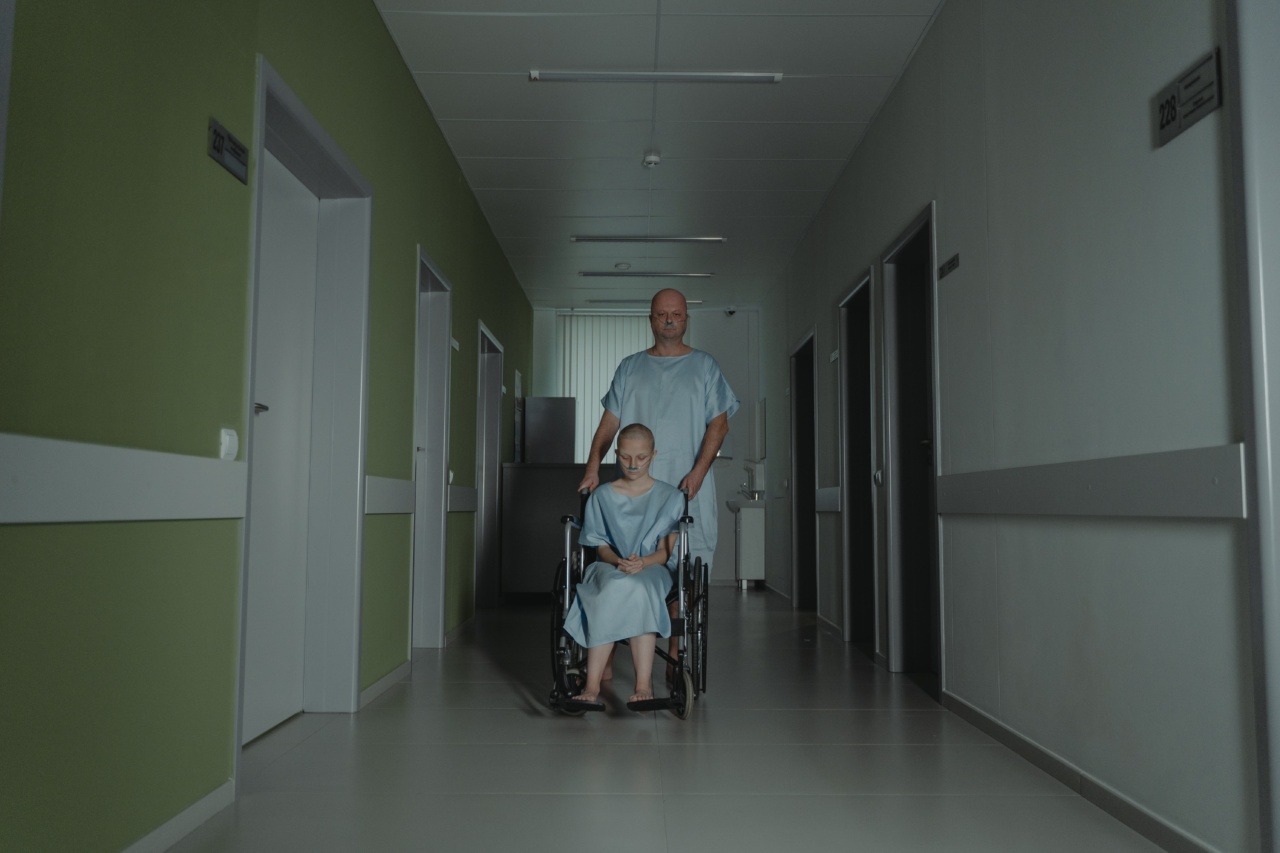Cancer is one of the leading causes of mortality worldwide, with millions of people diagnosed and treated for this disease each year. In recent years, immunotherapy has emerged as a promising treatment option for various types of cancer.
However, studies have suggested that prior exposure to antibiotics can have a detrimental effect on the efficacy of immunotherapy and can reduce the life expectancy of cancer patients.
Understanding Immunotherapy
Immunotherapy, also known as biologic therapy, is a type of treatment that helps the body’s immune system fight cancer cells. It works by boosting the natural defenses of the body, enabling it to target and destroy cancer cells more effectively.
Some of the commonly used immunotherapy options include immune checkpoint inhibitors, cancer vaccines, and adoptive cell transfer. These treatments have shown remarkable success in certain cases, leading to improved prognosis and extended life expectancy for cancer patients.
The Impact of Antibiotics
Antibiotics play a crucial role in fighting bacterial infections and have undoubtedly saved countless lives.
However, recent research suggests that antibiotics can have unintended consequences when administered to cancer patients prior to immunotherapy treatment. Antibiotics work by killing or inhibiting the growth of bacteria, but they also impact the delicate balance of the microbiome.
The Microbiome and Cancer
The human microbiome consists of trillions of microorganisms, including bacteria, fungi, viruses, and other microbes, which reside in and on our bodies.
The microbiome plays a vital role in various physiological processes, including digestion, immune system regulation, and protection against pathogens. In recent years, researchers have discovered that the composition of the microbiome can influence cancer development, progression, and treatment outcomes.
Alterations in the microbiome, called dysbiosis, have been associated with an increased risk of cancer and poorer response to treatment.
Dysbiosis and Immunotherapy
Studies have shown that dysbiosis resulting from antibiotic treatment can have profound effects on the response to immunotherapy.
The microbiome plays a crucial role in shaping the immune system, and disruptions in its composition can compromise the effectiveness of immunotherapy drugs. Antibiotics eliminate beneficial bacteria that contribute to immune system activation, while potentially allowing harmful bacteria to proliferate.
This imbalance can weaken the immune response against cancer cells, rendering immunotherapy less effective.
Evidence from Research
A growing body of research supports the negative impact of antibiotics on the efficacy of immunotherapy.
A study published in the journal Science demonstrated that antibiotic use significantly reduces the effectiveness of immune checkpoint inhibitors, a class of immunotherapy drugs widely used in the treatment of various cancers. The study found that antibiotics disrupted the microbiome, leading to impaired antitumor immunity and accelerated tumor growth.
Risks and Considerations
While the evidence regarding the negative effects of antibiotics on immunotherapy is substantial, it is important to consider the risks and benefits of antibiotic use in cancer patients.
Antibiotics are prescribed to cancer patients to prevent and treat infections, which can be life-threatening, especially during chemotherapy. In some cases, the benefits of antibiotic treatment may outweigh the potential risks to immunotherapy. Therefore, it is crucial for healthcare professionals to carefully evaluate and balance the need for antibiotics in individual patients.
Future Directions
As our understanding of the microbiome and its relationship with cancer treatment deepens, researchers are exploring various strategies to mitigate the negative effects of antibiotics on immunotherapy.
One approach under investigation is the use of probiotics or fecal microbiota transplantation (FMT) to restore a healthy microbiome in patients who have received antibiotics. Preliminary studies have shown promising results, indicating that modulating the microbiome could enhance the efficacy of immunotherapy and improve the outcomes for cancer patients.
Conclusion
Antibiotics play a critical role in fighting infections and protecting the health of cancer patients.
However, the use of antibiotics prior to immunotherapy can have a detrimental impact on treatment outcomes and reduce the life expectancy of cancer patients. Disruptions in the microbiome resulting from antibiotic treatment can compromise the effectiveness of immunotherapy by weakening the immune response against cancer cells.
Healthcare professionals must carefully weigh the risks and benefits of antibiotic use in cancer patients and explore alternative strategies to protect the delicate balance of the microbiome and enhance the efficacy of immunotherapy.



























